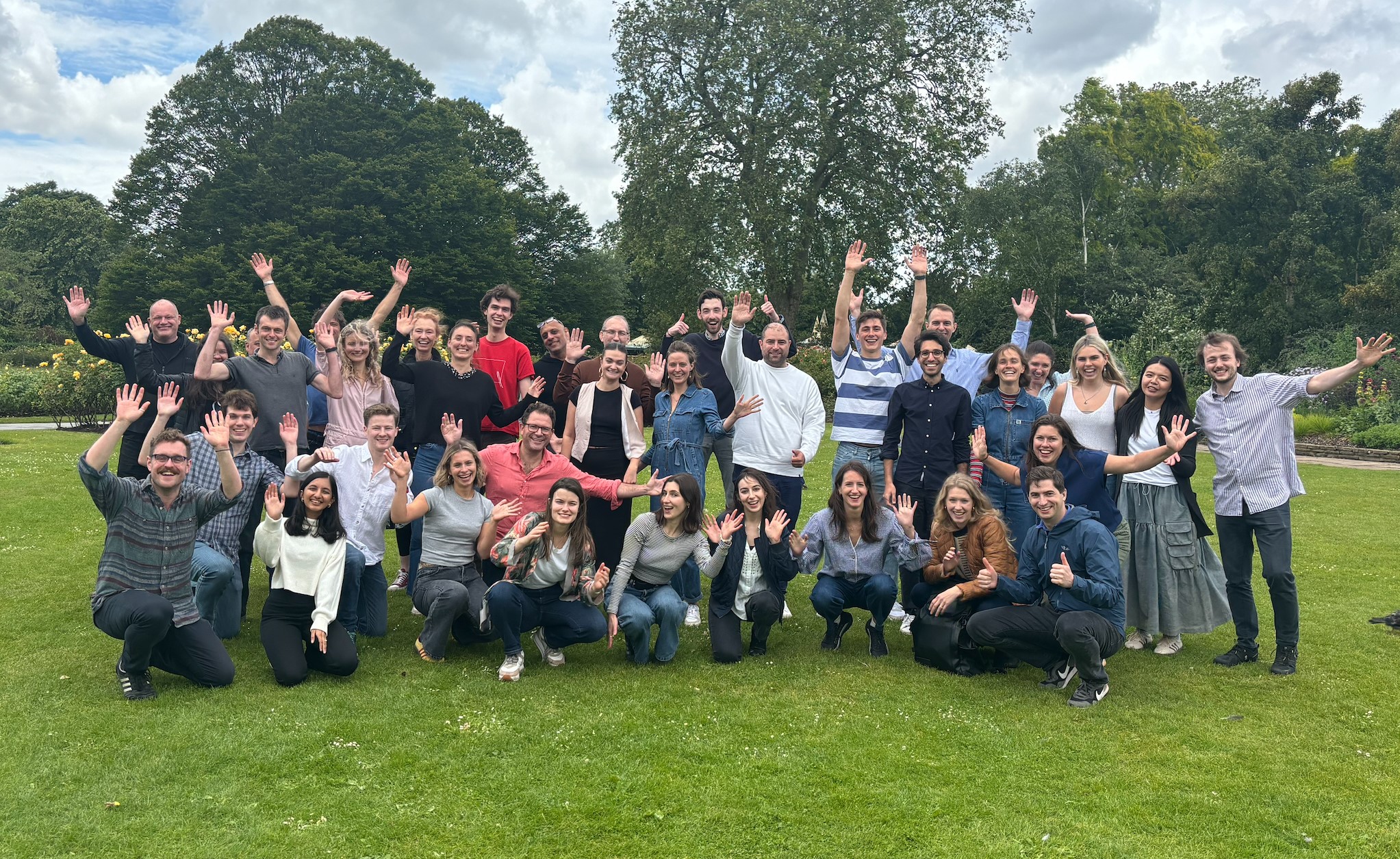

Finance Earth

London Borough of Lambeth, United Kingdom
April 2025
Other financial services
Service with Minor Environmental Footprint
United Kingdom
Finance Earth is the UK’s leading environmental impact investment advisor and fund manager, advising on the design and implementation of innovative financing solutions for nature, climate, and communities. Finance Earth’s mission is to redirect private capital into environmental impact investment to fill the global biodiversity funding gap. We achieve this through the design and application of commercial strategies to deliver positive financial, social, and environmental outcomes. We have a profit lock as a social enterprise, ensuring that 51% of Finance Earth’s profits are channelled back into the environmental sector. We work with a broad range of clients and partners – including governments, NGOs, social enterprises, aligned corporates, and investors – to identify and develop investible projects that aggregate, scale, and accelerate the flow of the right capital to the right activities. Finance Earth’s team has structured over £1 billion of financing mechanisms for projects that generate high-impact environmental and social benefit, both in the UK and internationally.
Overall B Impact Score
Governance 21.1
Governance evaluates a company's overall mission, engagement around its social/environmental impact, ethics, and transparency. This section also evaluates the ability of a company to protect their mission and formally consider stakeholders in decision making through their corporate structure (e.g. benefit corporation) or corporate governing documents.
What is this? A company with an Impact Business Model is intentionally designed to create a specific positive outcome for one of its stakeholders - such as workers, community, environment, or customers.
Workers 35.8
Workers evaluates a company’s contributions to its employees’ financial security, health & safety, wellness, career development, and engagement & satisfaction. In addition, this section recognizes business models designed to benefit workers, such as companies that are at least 40% owned by non-executive employees and those that have workforce development programs to support individuals with barriers to employment.
Community 16.8
Community evaluates a company’s engagement with and impact on the communities in which it operates, hires from, and sources from. Topics include diversity, equity & inclusion, economic impact, civic engagement, charitable giving, and supply chain management. In addition, this section recognizes business models that are designed to address specific community-oriented problems, such as poverty alleviation through fair trade sourcing or distribution via microenterprises, producer cooperative models, locally focused economic development, and formal charitable giving commitments.
Environment 8.1
Environment evaluates a company’s overall environmental management practices as well as its impact on the air, climate, water, land, and biodiversity. This includes the direct impact of a company’s operations and, when applicable its supply chain and distribution channels. This section also recognizes companies with environmentally innovative production processes and those that sell products or services that have a positive environmental impact. Some examples might include products and services that create renewable energy, reduce consumption or waste, conserve land or wildlife, provide less toxic alternatives to the market, or educate people about environmental problems.
Customers 12.3
Customers evaluates a company’s stewardship of its customers through the quality of its products and services, ethical marketing, data privacy and security, and feedback channels. In addition, this section recognizes products or services that are designed to address a particular social problem for or through its customers, such as health or educational products, arts & media products, serving underserved customers/clients, and services that improve the social impact of other businesses or organizations.
What is this? A company with an Impact Business Model is intentionally designed to create a specific positive outcome for one of its stakeholders - such as workers, community, environment, or customers.